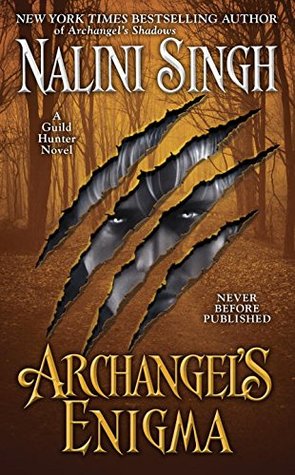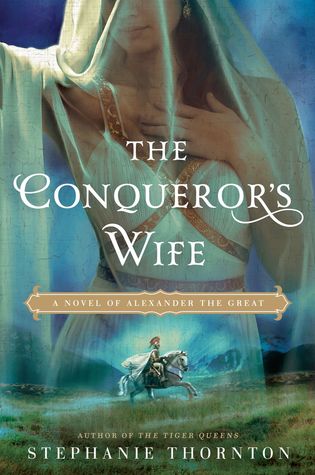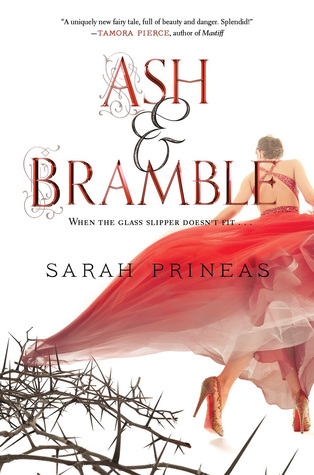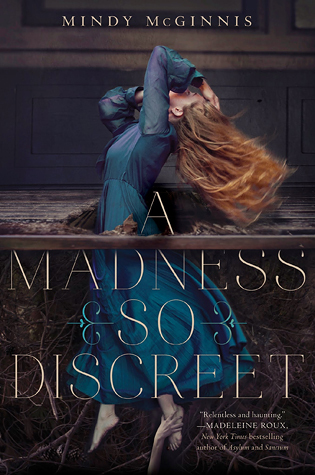 Genevieve Graham graduated from the University of Toronto in 1986 with a Bachelor of Music in Performance (playing the oboe). While on a ski vacation in Alberta, she met her future husband in a chairlift lineup and subsequently moved to Calgary to be with him. They have recently settled in a small, peaceful town in Nova Scotia with their two beautiful daughters. Writing became an essential part of Genevieve’s life a few years ago, when she began to write. She has four titles in stores now, Under the Same Sky, Sound of the Heart, Somewhere to Dream and her newest title, Tides of Honour.
Genevieve Graham graduated from the University of Toronto in 1986 with a Bachelor of Music in Performance (playing the oboe). While on a ski vacation in Alberta, she met her future husband in a chairlift lineup and subsequently moved to Calgary to be with him. They have recently settled in a small, peaceful town in Nova Scotia with their two beautiful daughters. Writing became an essential part of Genevieve’s life a few years ago, when she began to write. She has four titles in stores now, Under the Same Sky, Sound of the Heart, Somewhere to Dream and her newest title, Tides of Honour.
Guest Post:
Ah, spring. It's taken a long, long time to get to Nova Scotia this year. For a while I was afraid we'd still be digging out of snowdrifts come July. But fortunately, like the tides, seasons are one thing we can always count on, and my heart is a little lighter now that I can look outside my window and watch robins bob along the grass, pulling out unsuspecting worms. The grass is trying to green up, the trees are pushing out buds as hard as they can. People are walking, breathing in the fresh air, celebrating the fact that they are wearing neither winter coats nor snow boots. The other day one of my neighbours stopped by and joked, “What ever will we talk about now that the snow is gone?” That's how long a winter we had. But now that life is starting to sprout from the ground again, people are pausing outside to talk, listen to stories and tell their own. Everyone has stories. My backyard is full of them.
I love writing historical fiction, and until now I've written about countries far from my own. Then I discovered an amazing story … right here in my backyard. Well, not really my yard, but my city. Almost a hundred years ago exactly, Halifax was flattened in a single moment by the Halifax Explosion, the largest manmade explosion until Hiroshima. Fifteen hundred people died, hundreds more were blinded by shattered glass, and over eight thousand were left homeless. Most of those people were women and children, since the men were overseas fighting in their own kind of hell. Some of the soldiers had come back from the Front Line before the Explosion, already torn apart by what they'd experienced across the sea. My character, Danny Baker, was quite literally shredded when shrapnel took part of his leg. When he was shipped home, he was no longer the man he'd been. He couldn't physically do anything he'd done before, and he was haunted by memories of the battlefield.
But he was still a man. As I was writing his story, he met Audrey, a lonely, artistic woman living on a broken down farm in France with her disapproving grandmother. In Audrey, Danny saw hope. In Danny, Audrey saw the same thing, but for different reasons. He needed her to anchor his sanity after the nightmare of war, and she needed him to free her from a dull life.
Hope. A simple word, but one which offers so many possibilities. Would their hopes and dreams come true? Could they survive what curve balls life was going to throw their way? Would they live up to each other's expectations? What would they have to do, to sacrifice so they could hang onto that hope? Because when life and chance are unkind, often hope is all we have left. We will do what it takes to keep it alive.
Writing this book was an emotional experience for me. Danny's PTSD became a whole different anchor from the one he needed, and it took ahold of my mind as well. Audrey's desperate need to help him, to save them both, broke my heart. The tides of their lives carried me to the depths and back to the shore, and if I were to properly tell their story I had to let my mind roll with the waves. Yes, I know, terrible metaphors, but they're all part of the story.
One of the many things I learned while writing this was that we don't need to look outside our own world to write moving, fascinating historicals. Many of us might have slept through history class (please tell me I'm not alone in that!) but if you can just get past the boring date/names memorization stuff and let yourself imagine what it might have been like if you'd been there, if someone in your family tree had experienced these things, it can be amazing. I remember learning about the Plains of Abraham in high school, but it meant nothing to me. The novel I'm working on now starts with the Acadian Expulsion (another incredible Canadian story I'd never learned about in school) and takes us all the way through to the Plains of Abraham, which I now realize was a thrilling point in our history. Wouldn't it be great if high schools would integrate well written, informed historical fiction into their high school lessons? Wouldn't it be great if kids didn't feel the need to sleep through class anymore? I'd love to have fallen in love with history back then.
Ah well. It's never too late.
I'd like to thank Genevieve for taking the time to do this guest post as she is in the middle of her book tour, and be sure to check back tomorrow for my review of Tides of Honour.

























